
Kenya rushes to tap Sh234trn global Halal gold mine
A push to have Kenya tap into the Halal economy goldmine is gaining steam on the back of legal and regulatory reforms initiated by the various government agencies.
Halal, an Arabic word, means lawful or permissible. With regard to food, it is the Islamic dietary standards, as prescribed in the Quran. It also encompasses non-food items such as cosmetics, banking and other financial services as well as logistics.
These principles guide a Muslim’s economic and commercial decision-making, from buying property to investing and purchasing goods and services.
Worth an estimated $2.3 trillion (Sh236.9 trillion), the global Halal market has grown beyond the food sector to include pharmaceuticals, cosmetics and health products.
Others are toiletries and medical devices, travel and tourism, fashion, as well as service sector components such as logistics, marketing, print and electronic media, packaging, branding and financing.
These new sectors, combined with the power of the growing Muslim population (1.8 billion and counting), make the Halal market a global force to be reckoned with.
Food and personal care products must be approved or processed as Halal, for instance. Animals are slaughtered according to Islamic law to meet these standards.
Experts say countries such as Kenya must move with speed to tap the gold mine that is the sector.
And now in a bid to get a piece of the pie, the Tourism Regulatory Authority and Halal Certification Bureau have developed a robust legal framework for hospitality industry setting grounds for Kenya to tap into the multi-billion-shilling global Islamic products market.
Currently, the country lacks a regulatory framework for Halal food and facilities and this has seen Kenya miss out on the growing Halal tourism, which has a global worth of about $219 billion (Sh22.557 trillion).
"We are developing these classifications and very soon we will gazette them so that those who want to offer the service can have standards,” said Tourism Cabinet Secretary Najib Balala during the East Africa Islamic Economy Summit (EAIES) held in Nairobi last week.
"We have realised that it is not just about food, it is a big market and we need to learn and put the standards in place so that we can go and inform the hotels and restaurants what is required by a Halal client when they come in. We want to capture that market,” said Mr Balala.
To get a Halal certification, a company’s products have to undergo thorough inspection and once found to have conformed to the Islamic dietary laws, are certified.
Having met these stringent certification criteria, a Halal permit and logo are issued to successful firm.
The symbol can be imprinted on the packaging material of the certified product or used in any form of advertisement.
Muslim-friendly travel has also evolved in recent years to become a fundamental market.
Niche market
With the rising availability of prayer facilities, Halal restaurants and Islamic hospitality products, Muslim travellers are continuously exploring new destinations.
According to EAIES, Halal travel in Africa offers significant growth potential for the tourism industry.
The Muslim tourists globally represent a major niche market, a market that has a young demographic, is growing in affluence and is increasingly asserting its unique needs on the travel, tourism and hospitality market. Tanzania, Zanzibar and South Africa are currently the most popular destinations and the best equipped for Halal market.
Participants at the EAIES said that Kenya, one of Africa’s tourism destinations must tap into Halal travel to boost its tourism industry which has struggled to pick up in the last five years.
"East Africa member states must explore opportunities to grow its Halal food sector, given its growing Muslim population and its shared cultural values where Halal food is not only consumed by the Muslim community but most people in the region,” said Agnes Gitau, a partner with GBS Africa one of the summit’s organisers.



 0
0 
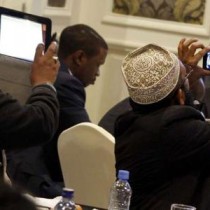

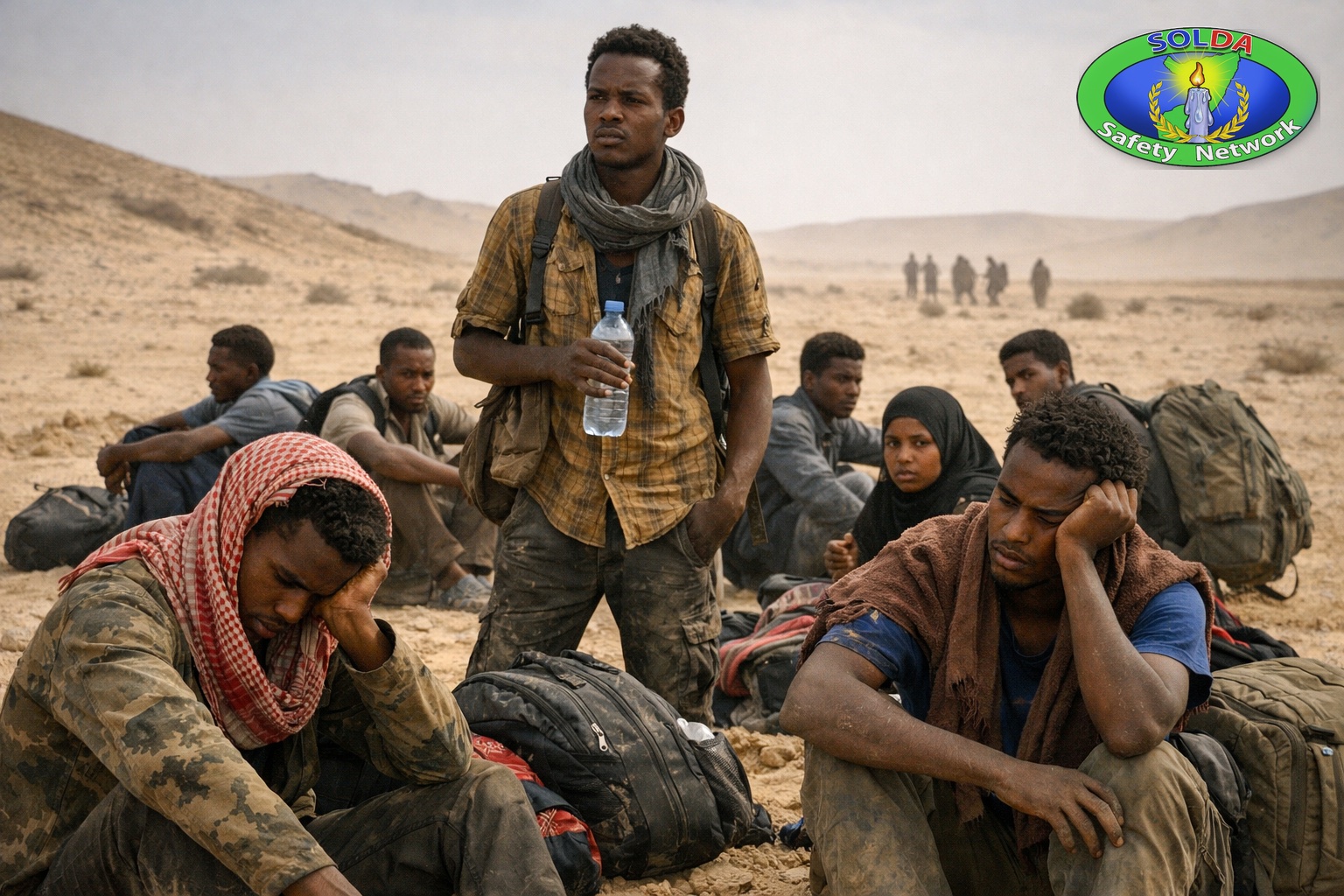


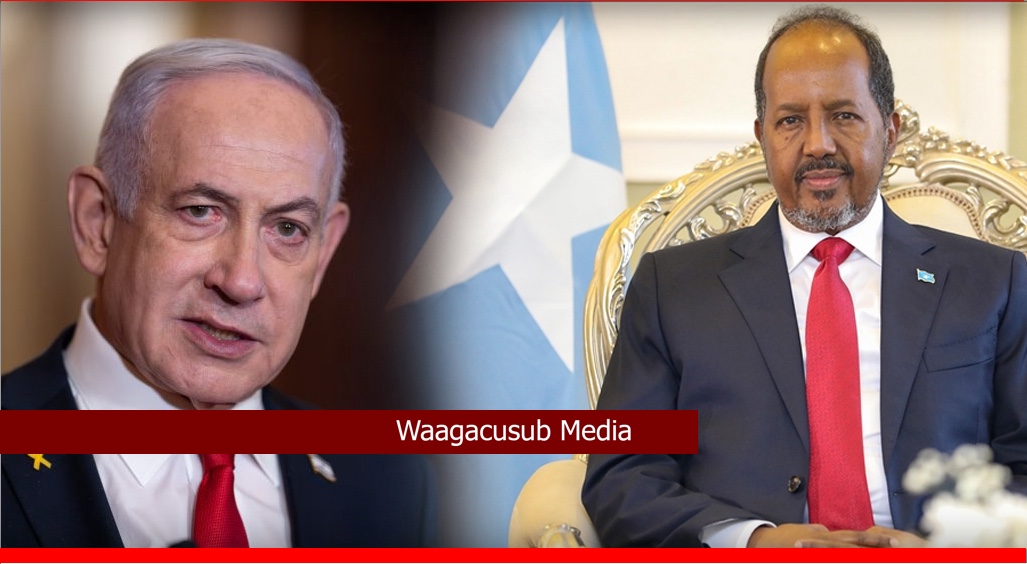

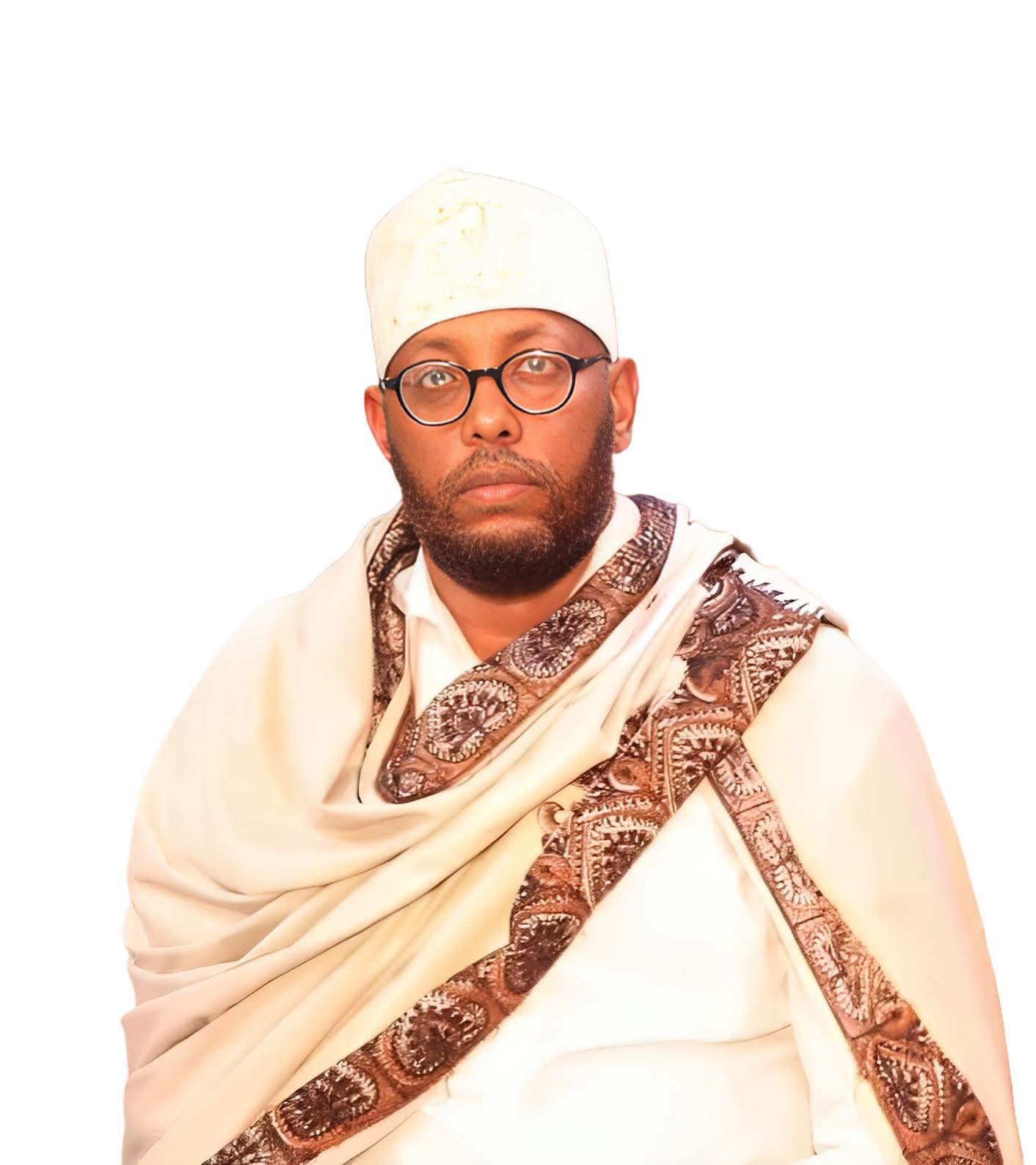
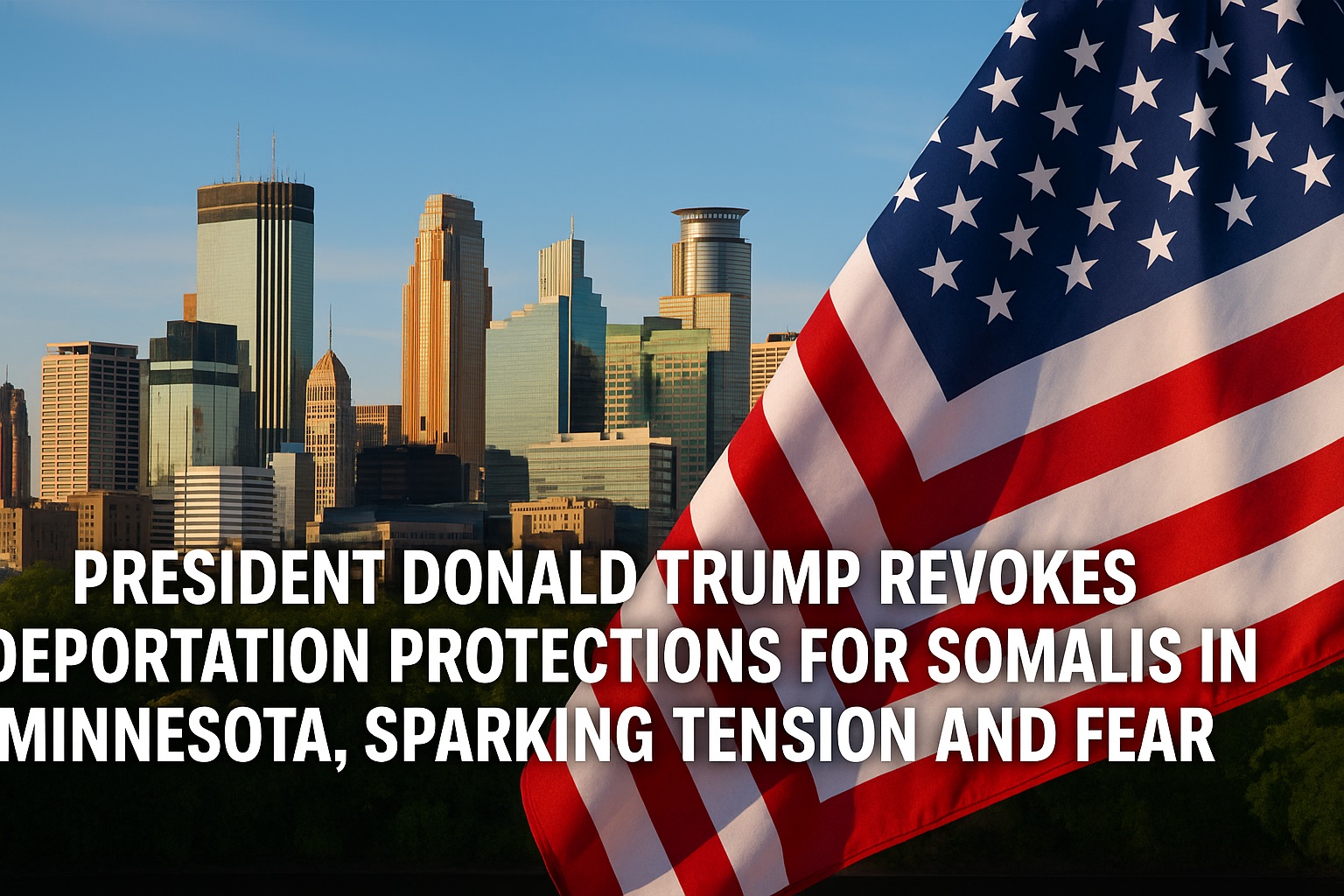
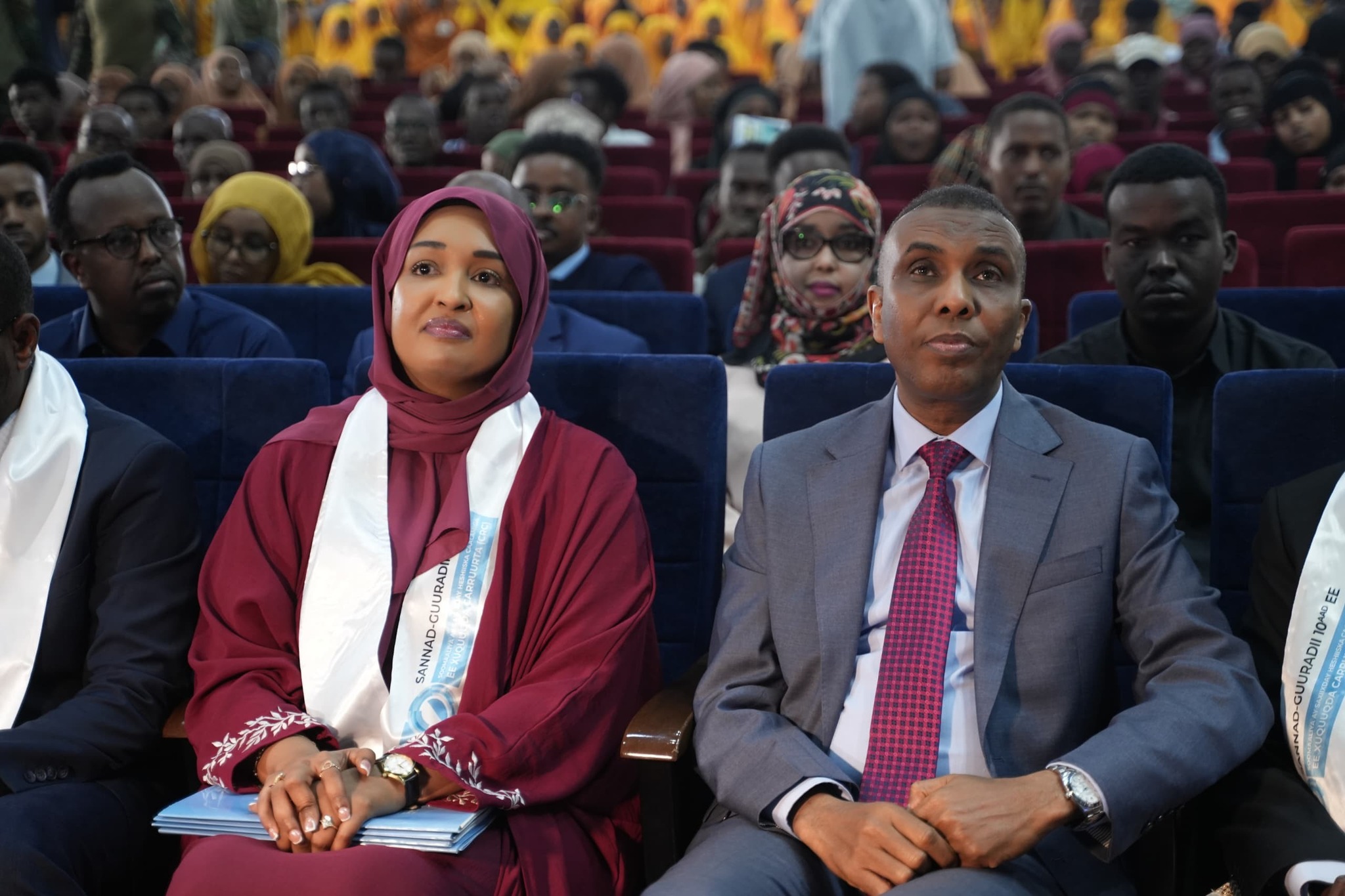
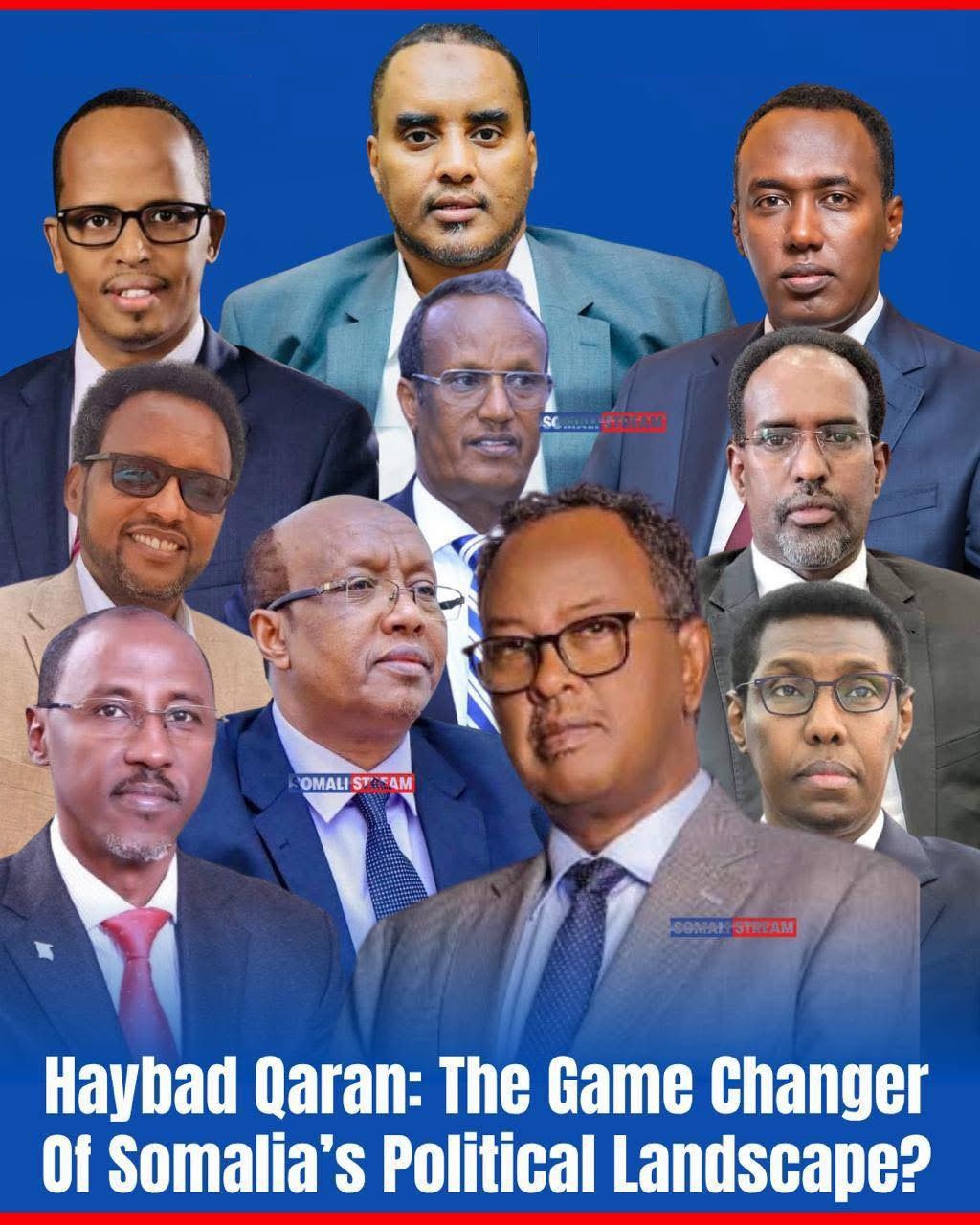
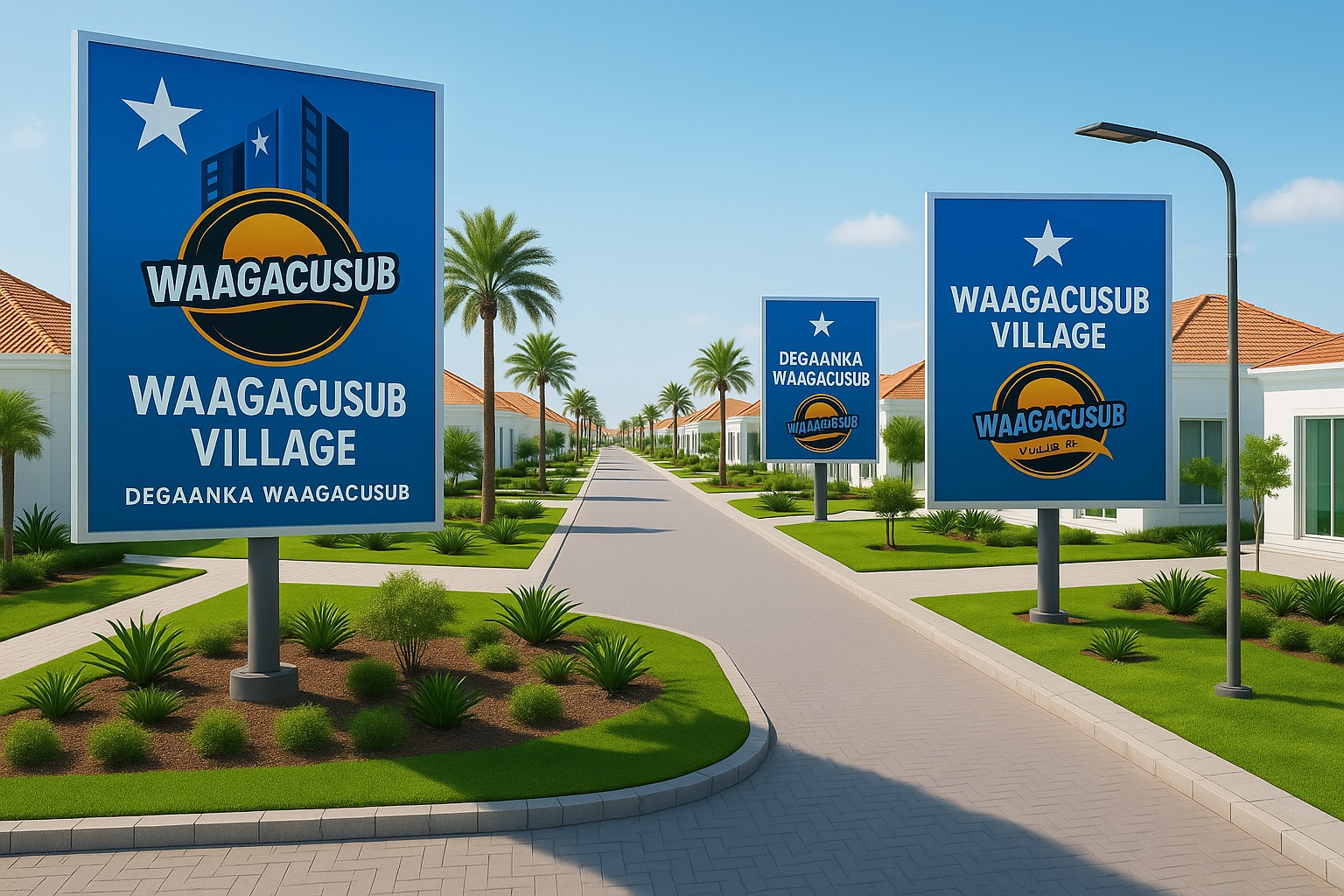
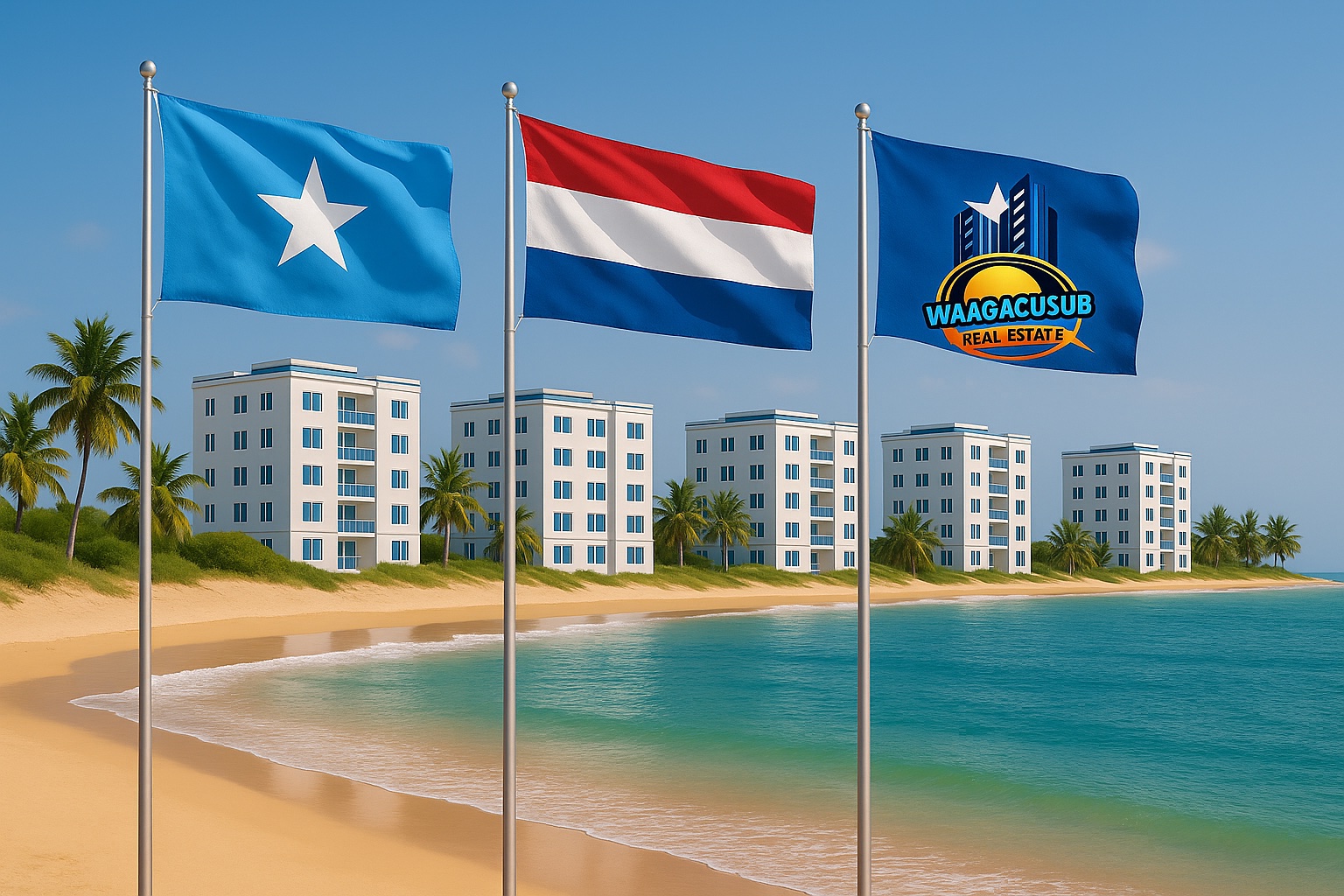

Kenya rushes to tap Sh234trn global Halal gold mine
Others are toiletries and medical devices, travel and tourism, fashion, as well as service sector components such as logistics, marketing, print and electronic media, packaging, branding and financing.